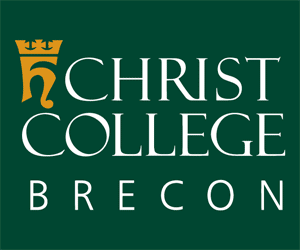Character Education In Schools
You may have heard the term "character education” mentioned lately; it seems to be the latest buzzword in the media when it comes to schools. But what is character education, and do you need to worry about whether it goes on at your child’s school?
In short, character education is an umbrella term for the things children learn at school about being civic minded, moral, well mannered and generally socially acceptable humans. This might include things like social and emotional learning, moral reasoning, life skills, health education, violence prevention and so on. Essentially, these are the things we all need to learn as we grow up, but which aren’t the standard academic subjects.
Character education, as well as helping to produce well rounded adults, can help a school to run smoothly with a positive atmosphere. A school that adopts a comprehensive character education programme can see things like discipline improve, with punishments reducing over time. This can also lead to increased academic achievement as well as improved job satisfaction for teachers.
Many might think that much of what is covered by the term "character education” is something we as parents should be teaching at home. Whilst that may be true, character education, like all education, works best when taught both at home and at school. Any teacher will tell you that there is a marked difference between the reading abilities of a reception aged child who regularly reads at home, and one who does not; the same is true for any sort of learning.
Children spend a lot of time in school, so it makes sense that character education should be covered here. As well as this, it is a good opportunity to ensure all students receive any help and support they may need as issues arise in the course of a lesson on a particular subject. As well as this there is the added benefit of improving discipline throughout the school. Many believe that schools which embrace character education become places where everyone wants to be because they help to bring out the best in both pupils and teachers.
Of course, in order to work well character education must be embraced by teachers, pupils and parents, and be a part of every school day as well as home life. This means that character education is more than just a lesson on the timetable; it is incorporated into school culture as a whole and brought out at home as well.
As parents, supporting character education is crucial and can make a big difference to how children fare both at school and in the wider world as they grow. As parents we are a child’s first and most important teacher and in many cases children will follow our lead.
This does not mean that we should sit down each evening and have a "character education lesson” - instead things like discussing current affairs can help. Asking questions about how we think another person might feel, discussing what might be the right thing to do in a situation we see in a TV show or even a made up scenario can all be useful ways of helping with character education.







